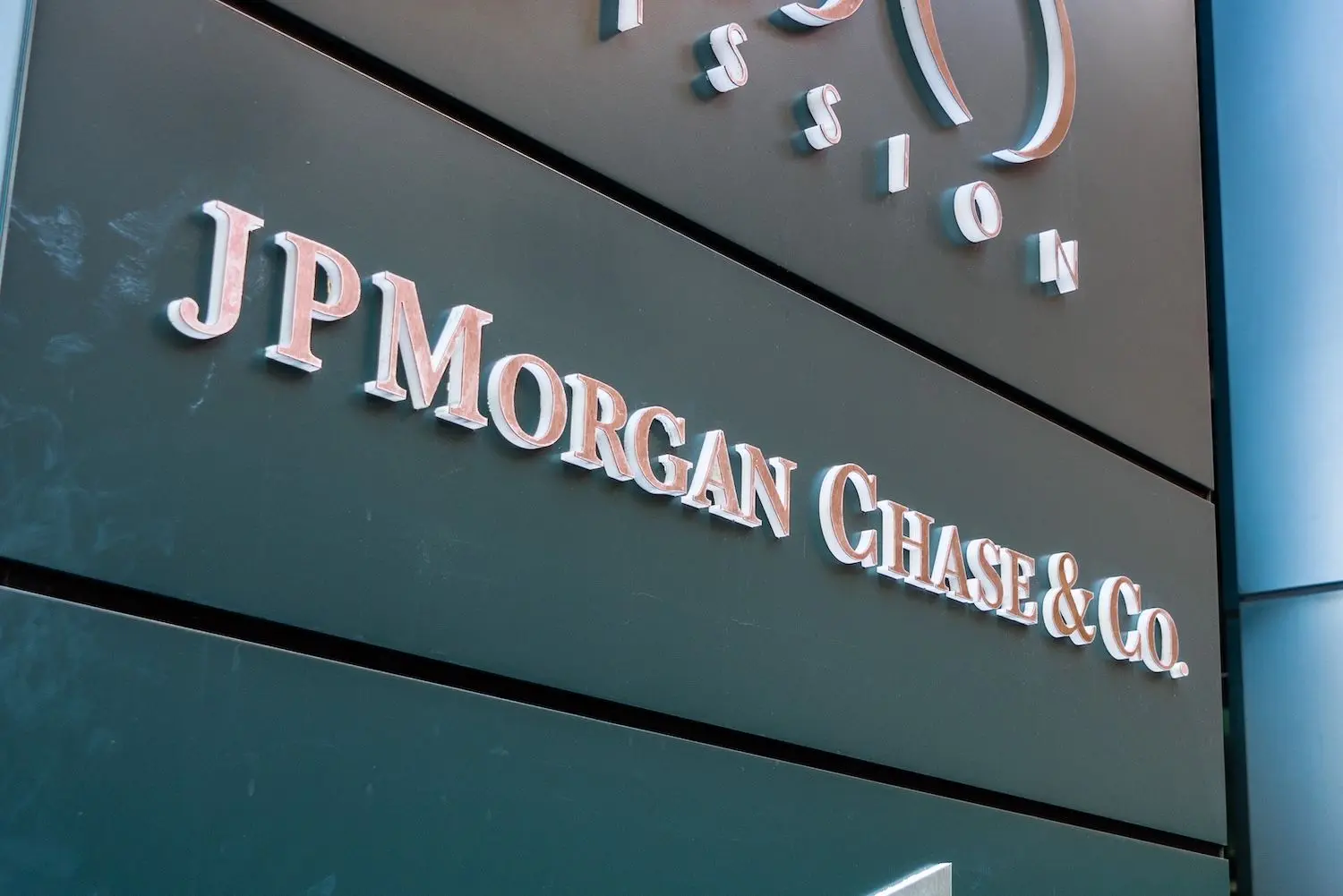JPMorgan Chase has secured agreements with fintech intermediaries representing more than 95% of third-party data requests to its customer accounts, marking a significant shift in how banks will charge for access to consumer financial information. The nation's largest bank finalized contracts with Plaid, Yodlee, Morningstar and Akoya after weeks of negotiations that resulted in lower fees than initially proposed.
What to Know:
- JPMorgan Chase negotiated deals with fintech middlemen to charge fees for customer data access, reversing years of free system access for companies like Plaid that connect apps to bank accounts.
- The agreements affect more than 95% of data requests to JPMorgan accounts and could establish a pricing model that other major banks will adopt across the industry.
- The deals emerged after the Trump administration moved to vacate a Biden-era rule requiring banks to share customer data at no cost, creating regulatory uncertainty that prompted fintech firms to accept negotiated rates.
JPMorgan Closes Data Access Agreements
JPMorgan spokesman Drew Pusateri confirmed the bank completed updated contracts with the fintech intermediaries. The agreements followed intense negotiations between the bank and companies that facilitate connections between traditional financial institutions and third-party applications.
"We've come to agreements that will make the open banking ecosystem safer and more sustainable and allow customers to continue reliably and securely accessing their favorite financial products," Pusateri said. "The free market worked."
The contracts establish payment structures for data access that fintech middlemen historically received without charge. For years, companies like Plaid operated without paying banks when customers authorized apps such as Robinhood to access account balances or initiate transfers. JPMorgan agreed to reduce its initial pricing demands during the negotiation process, while fintech intermediaries secured commitments regarding how the bank will handle data requests, according to people familiar with the discussions.
Neither the bank nor the fintech companies disclosed contract terms. The duration of the agreements and specific fee amounts remain confidential.
Industry Precedent and Pushback
The settlements position JPMorgan to influence industry standards for data access pricing. Other financial institutions are expected to implement similar fee structures, according to regulatory analysts who track the banking sector.
"JPMorgan tends to be a trendsetter. They're sort of the leader of the pack, so it's fair to expect that the rest of the major banks will follow," said Brian Shearer, director of competition and regulatory policy at the Vanderbilt Policy Accelerator.
Shearer, who previously worked at the Consumer Financial Protection Bureau under former director Rohit Chopra, expressed concern the development could impede startup formation and increase consumer costs.
The agreements emerged against a backdrop of regulatory flux. The Biden administration's CFPB finalized an "open banking rule" in late 2024 requiring banks to share customer data with financial firms at no cost. Banks challenged the regulation in court. The Trump administration subsequently asked a federal court to vacate the rule in May, shifting leverage toward traditional financial institutions.
JPMorgan then informed intermediaries it would begin charging fees that industry observers estimated could reach hundreds of millions of dollars annually.
Fintech, cryptocurrency and venture capital executives criticized the move as "anti-competitive, rent-seeking behavior" that threatened innovation and consumer access to financial applications.
Fintech firms accepted the negotiated rates partly because of uncertainty surrounding the CFPB's revised approach to open banking regulations, according to a venture capital investor who requested anonymity to discuss portfolio companies. The current regulatory environment makes it unclear whether eventual rules will favor banks or technology companies.
Understanding Open Banking Disputes
Open banking refers to systems allowing third-party financial service providers to access consumer banking data when authorized by account holders. The practice enables applications to offer services ranging from budgeting tools to investment platforms without requiring users to manually input financial information.
Data aggregators serve as intermediaries in this ecosystem. These companies maintain technical connections with banks and provide standardized access points for fintech applications. When a consumer links a bank account to an app, the aggregator retrieves the requested information from the financial institution's systems.
Banks argued they bear mounting costs for maintaining infrastructure that processes increasing volumes of data requests from aggregators and their clients.
Financial institutions also cited fraud concerns and liability exposure from sharing account access. Technology companies and consumer advocates countered that the 2024 CFPB rule properly gave consumers control over their financial data while promoting competition.
When JPMorgan and Plaid announced their September agreement, both companies issued a joint statement emphasizing service continuity for customers. The Financial Technology Association, an industry group that includes Plaid, responded with sharp criticism of the broader trend.
"Introducing prohibitive tolls is anti-competitive, anti-innovation, and flies in the face of the plain reading of the law," Penny Lee, CEO of the Financial Technology Association, told CNBC. "These agreements are not the free market at work, but rather big banks using their market position to capitalize on regulatory uncertainty. We urge the Trump Administration to uphold the law by maintaining the existing prohibition on data access fees."
Closing Thoughts
JPMorgan's agreements establish a commercial framework for bank data access that could reshape relationships between traditional financial institutions and fintech companies. The outcome depends partly on how the CFPB revises open banking regulations under the current administration.



